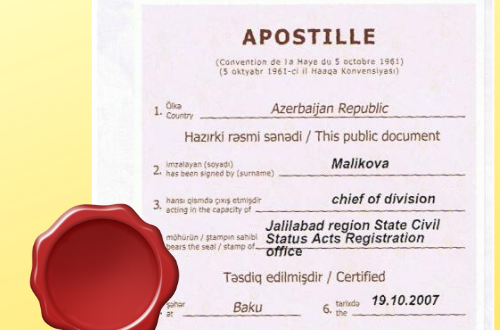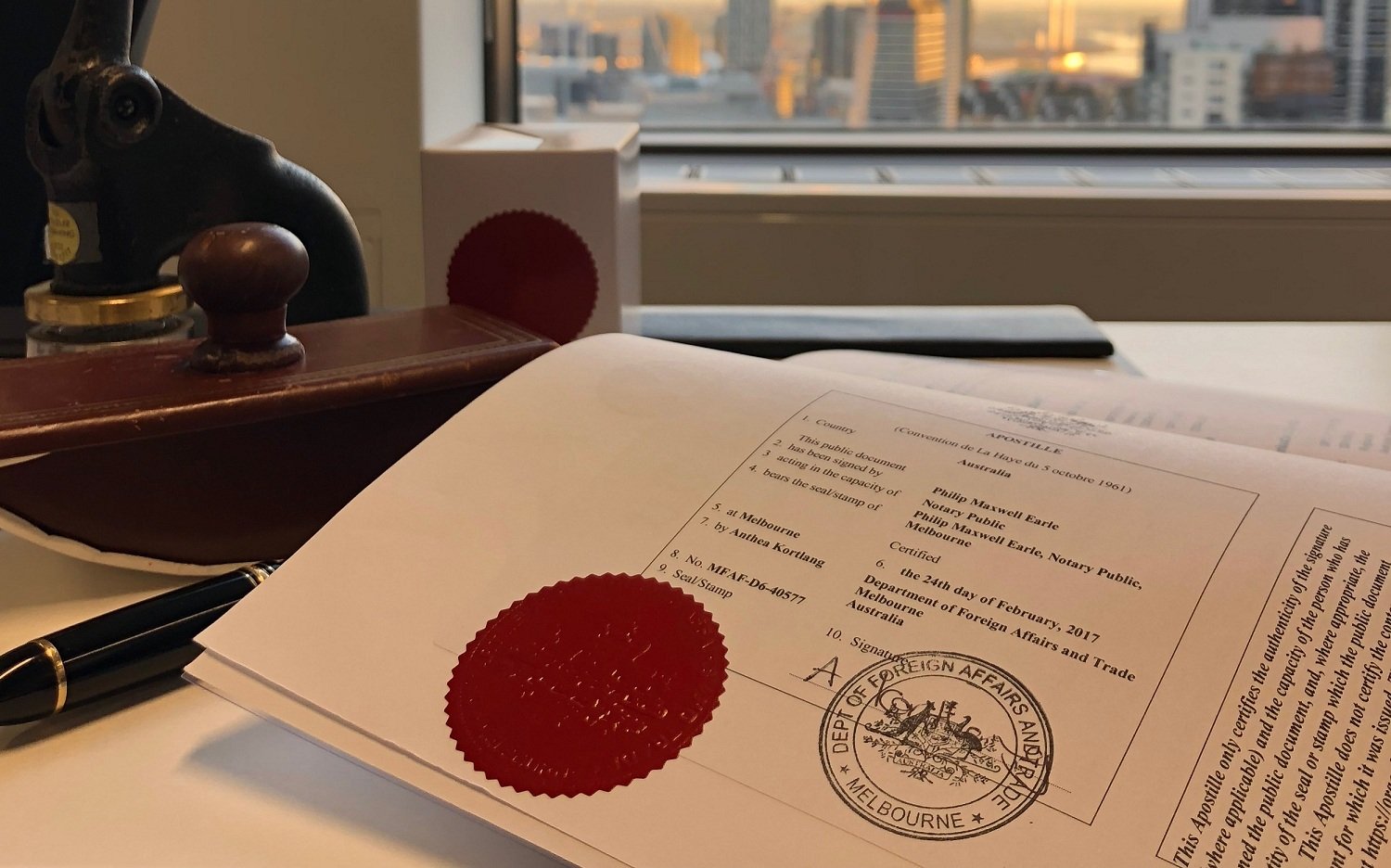Comprehending the Importance of Apostille Qualification and Why It Is Necessary for Legal Papers
Amongst the numerous devices readily available for this purpose, apostille accreditation stands out as a streamlined and universally recognized approach. Comprehending the complexities and ramifications of apostille certification on lawful records is necessary for people and companies engaging in cross-border activities.
The Interpretation of Apostille Accreditation
Apostille qualification is a specific form of authentication that confirms the legitimacy of a lawful paper for worldwide use. This qualification is critical for guaranteeing that files coming from one nation are recognized as valid in another, streamlining the process of cross-border purchases, legal process, or individual issues like marriage or fostering. The Hague Apostille Convention of 1961 established the structure for this simplified qualification process amongst taking part nations.
To acquire an apostille certification, the assigned authority in the record's country of origin need to confirm the document's authenticity prior to affixing the apostille. Once affixed, the apostille makes sure that the record will certainly be accepted as valid in any various other country that is component of the Apostille Convention, without the need for more certification.
Benefits of Apostille for Legal Files
The use of apostille certification simplifies the worldwide acknowledgment process for lawful papers, using substantial advantages in helping with legal rules and cross-border involvements. By affixing an apostille certificate, the record comes to be easily approved in nations that are part of the Hague Apostille Convention, eliminating the demand for additional authentication.
Additionally, apostille qualification enhances the general effectiveness of lawful procedures by simplifying the process of validating the legitimacy of a file. On the whole, the benefits of apostille accreditation for legal papers are instrumental in promoting smoother worldwide involvements and ensuring compliance with legal needs across borders.
Apostille Vs. Legalization: Key Differences
When identifying between the procedures of apostille accreditation and legalisation for lawful papers, it is vital to understand the crucial differences in their particular authentication approaches. An apostille is a simplified kind of legalization that is approved amongst nations that belong to the Hague Apostille Convention. The apostille process validates the authenticity of the record and the signature of the releasing authority. It does not require more embassy or consular office legalization, making it a much more cost-effective and simple approach for confirming papers globally.
On the other hand, legalization is a much more typical method that entails multiple actions of authentication. It needs verification by various authorities, including government divisions and international embassies or consular offices in both the releasing and receiving countries. This process can be a lot more expensive and lengthy compared to acquiring an apostille. The option between apostille certification and legalization depends upon the certain demands of the nation where the file will be used. Understanding these differences is important for making sure the correct verification of lawful files for worldwide use.
Nations Accepting Apostille Certification

While the Hague Apostille Convention has actually significantly simplified the process of cross-border document verification, there are still countries that are not event to the convention - Houston TX Apostille. Therefore, records destined for these nations might require typical legalization procedures with consulates or consular offices. It is important for businesses and individuals dealing with worldwide transactions to validate the particular demands of the destination nation to make certain compliance with their lawful criteria
Actions to Get Apostille for Documents
To acquire an apostille for your documents, you have to begin by identifying the proper providing authority in your country. Once you have actually identified the proper authority, the following action is to ensure that your paper meets all the demands for apostille accreditation.
After confirming that your file satisfies the criteria, you will certainly need to submit an apostille application kind supplied by the releasing authority. This kind will require information about the document being confirmed and the nation where it will be used. Together with the completed application, you will likely need to send the initial record, a duplicate of your identification, and any applicable fees.

Verdict
To conclude, apostille qualification plays a critical role in making sure the authenticity and legitimacy of lawful files for international use (Houston TX Apostille). Understanding the relevance of apostille qualification is important for organizations and individuals navigating the intricacies of lawful matters and cross-border purchases. By obtaining apostille accreditation, events can streamline the procedure of paper confirmation and authentication, eventually saving time and resources in the international sector
To acquire an apostille qualification, the assigned authority in internet the document's nation of beginning must verify the record's credibility prior to affixing the apostille. When connected, the apostille guarantees that the record will be accepted as legitimate in any type of various other nation that is component of the Apostille Convention, without the need for further qualification.
By attaching an apostille certificate, the file ends up being readily accepted in countries that are part of the Hague Apostille Convention, eliminating the requirement for more verification.Differentiating in between apostille qualification and legalization reveals the differing approval of these verification approaches across different nations, with some countries particularly recognizing and sticking to the apostille process. The apostille qualification redirected here is widely accepted among nations that are part of the Hague Apostille Convention, which presently has 118 participant states.